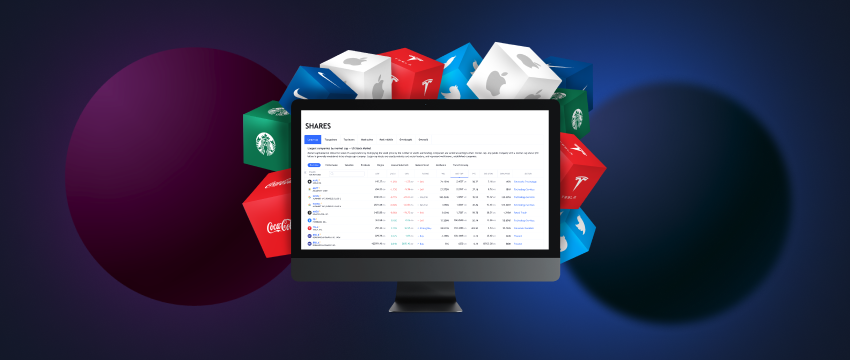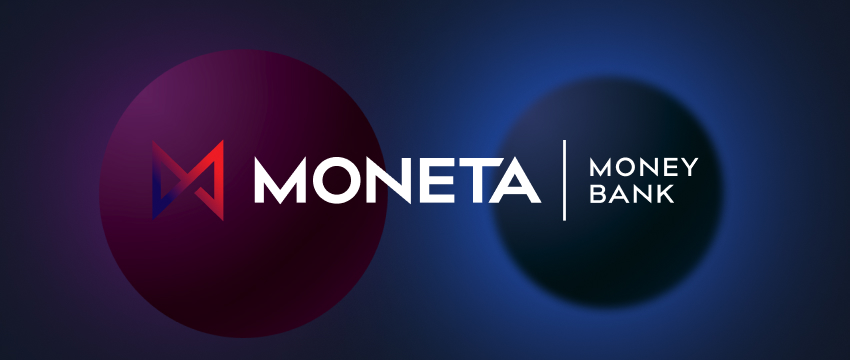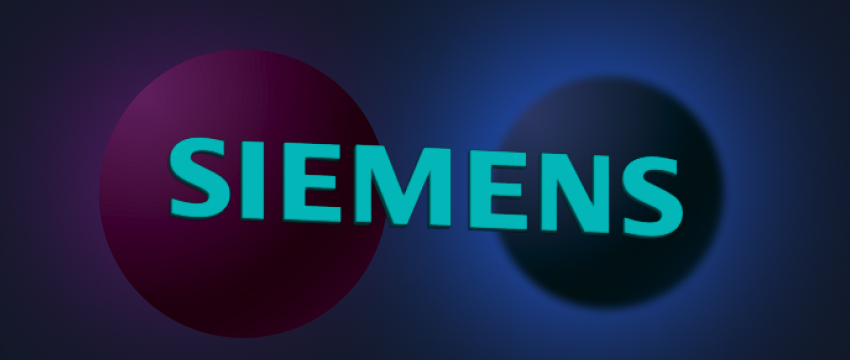Deciding which financial market to trade can be a challenge, and many factors need to be considered. In terms of the individual trader or investor, it largely depends on trading style, time horizon, and tolerance for risk. Regarding the market, liquidity, volatility, and volume of assets are taken into account. In this article, we’ll explore the differences between forex and stock trading, as well as some of the similarities.
What is the forex market?
The forex market is one of the largest financial markets globally in which currencies can be bought, sold, and exchanged. Participants in this market vary. This includes financial institutions like banks (commercial and central), hedge funds, and money managers, as well as individual traders and investors. The forex market is highly liquid and reportedly reached a daily turnover of $7.5 trillion in April 2022.
The total value of the forex industry is said to be in the region of $1.93 quadrillion, with the forex market 30 times the size of the US stock and bond markets combined. The US$ accounts for one side of most trades (88%), while 7 currency pairs make up 85% of the forex market’s trading volume.
This includes a variety of minor, major and exotic currency pairs. The forex market attracts global traders because of its high liquidity, 24/5 trading, and flexible leverage. Price fluctuations are primarily driven by geopolitical events, economic announcements, interest rates, environmental disasters, and supply and demand.

What is a stock market?
A stock market is comprised of multiple exchanges that trade stocks in different companies. It is essentially a platform through which investors can buy or sell stocks, bonds, and other securities. A stock (or share) represents a piece of a company which a trader can buy and consequently own. In contrast to the forex market, the stock market gives traders access to blue chip stocks which are stocks of renowned and financially sound corporations across industries (e.g., technology, automotive, pharmaceutical, etc). Blue chip stocks typically perform profitably during economically challenging periods and usually pay dividends. These stocks are reportedly less volatile and often used for purposes of portfolio diversification due to their growth potential. Unlike the forex market, the stock market operating hours are less flexible, usually open from Monday to Friday between 8:00 – 16:30, with some exchanges closing for lunch.
Similarities between the forex market and the stock markets
While both mercados financieros have distinct differences, they do share some commonalities.
Market speculation
Traders active in both markets use speculation to drive trading decisions, in particular on price movements to generate profits. They do this through market research and analysis, and by interpreting economic indicators and trends.

Market analysis
Both stock market and forex traders use technical analysis to study price patterns, chart formations and indicators to identify trading opportunities. Technical analysis is a popular trading tool for several reasons. It’s relatively easy to use and understand. It can be used by all types of traders across multiple markets and can be tweaked through backtesting to improve results.
Gestión de riesgos
There is a level of risk involved in both forex and stock market trading. Market volatility has the potential for significant gains, but it can also result in large capital losses. However, risk can be managed in both markets using different strategies. This includes diversification, stop-loss and take-profit orders, position sizing, hedging, and other risk management techniques.
Key differences between the forex market and the stock markets
There are some vital differences between the two markets, each of which plays an important role in deciding which market to trade in. Let’s take a closer look at each one.
Size of the markets
It’s undoubtedly clear that the forex market is significantly larger than the stock markets, with higher liquidity. This enables traders to open and close trades quickly, minimising slippage. In contrast, the stock markets are typically smaller and less liquid. However, they do offer dividend payouts, ownership in different companies to build savings, protection of your capital from inflation or taxes, and portfolio diversification.
Diversity of assets
Forex trading involves traders speculating on exchange rate fluctuations between currency pairs. Stock trading however gives investors access to a variety of assets to trade. This includes stocks, EFTs, and other financial instruments, enabling investors to diversify their portfolios across multiple industries.
Price fluctuations
The financial markets (forex and stock markets) are impacted by many different variables. Price volatilities in the forex market are driven by global political crises, economic news (e.g., central bank announcements), natural disasters, war, etc. In contrast, stock market prices are driven by fundamental factors like earnings reports, company news, investor sentiment, industry performance, supply, and demand.

Saque partido a las
Forex trading is largely renowned for the level of leverage it offers in comparison to stock trading. Ratios as high as 1:1000 allow traders to open positions significantly larger than what their account balance usually holds, increasing the potential for bigger profits. Leverage is however incredibly risky and may see a trader losing most if not all their capital rapidly and unexpectedly. Stock trading usually offers much lower leverage and stricter margin requirements.
Horario de trading
Stock trading is usually permitted during the business hours of the exchange that the stock is listed on. Some of the world’s largest stock markets include the New York Stock Exchange, London Stock Exchange, Shanghai Stock Exchange, Nasdaq, Deutsche Börse AG, Tokyo Stock Exchange, and many more. The forex market is open 24/5, across multiple time zones, and closed on weekends. This offers traders more trading opportunities by participating in the market at any time.
Ser un trader con T4Trade
T4Trade is a powerful broker used by traders worldwide. The broker offers traders an innovative trading platform, the MetaTrader 4 (MT4) on which to trade, as well as access to a diverse range of trading tools to enhance their skills. The T4Trade Academy gives traders a way to widen their scope of trading knowledge through videos, podcasts, webinars, e-books, and Live TV. A dynamic multilingual customer support team is available 24/5 to help you manage the challenges that come with trading a volatile forex market.
T4Trade also offers tight spreads, flexible leverage, fast execution and quick and easy deposits and withdrawals. T4Trade traders can also explore more than 300 instruments across 6 asset classes and trade CFDs with great trading conditions.
AVISO DE RESPONSABILIDAD: Esta información no se considera asesoramiento ni recomendación para invertir, sino que es una comunicación de marketing




